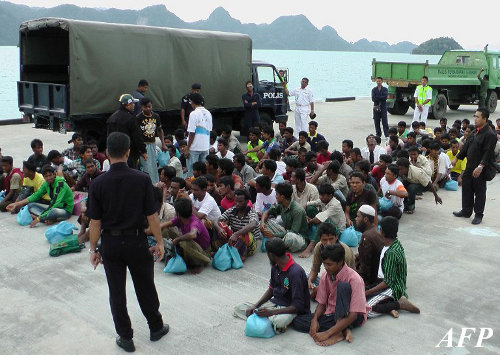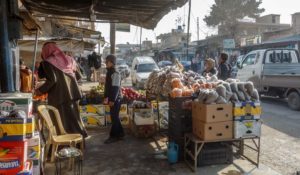

Malaysia is one of the major destinations for Rohingya Muslims who have faced state-sponsored brutality in the western state of Rakhine in recent months.
Some 800,000 Rohingyas are deprived of citizenship rights due to the policy of discrimination that has denied them the right of citizenship and made them vulnerable to acts of violence and persecution, expulsion, and displacement.
The Myanmar government has so far refused to extricate the stateless Rohingyas in Rakhine from their citizenship limbo, despite international pressure to give them a legal status.
“We are forced to flee Rakhine to anywhere else, there is no food there, we cannot get food, we cannot go out, we cannot go to work, but the military and police still come and arrest people and then they go missing,” Salim Noorulhaq, a Rohingya Muslim refugee in Malaysia told a Press TV correspondent on Thursday.
Rohingya Muslims have faced torture, neglect, and repression in Myanmar since it achieved independence in 1948.
On December 24, 2012, the United Nations General Assembly issued a resolution expressing concern over the persecution of Muslims in Myanmar. The UN resolution called on the Myanmar government to “to protect all their (Muslims’) human rights, including their right to a nationality.”
The resolution also strongly condemned “the ongoing systematic violations of human rights and fundamental freedoms” in Myanmar.
Hundreds of Rohingyas are believed to have been killed and thousands displaced in recent attacks by Buddhist extremists.
Buddhist extremists frequently attack Rohingyas and have set fire to their homes in several villages in Rakhine. Myanmar Army forces allegedly provided the extremist Buddhists containers of petrol for torching the houses of Muslim villagers, who are then forced to flee.
Rohingyas are said to be Muslim descendants of Persian, Turkish, Bengali, and Pathan origin, who migrated to Myanmar as early as the eighth century.






